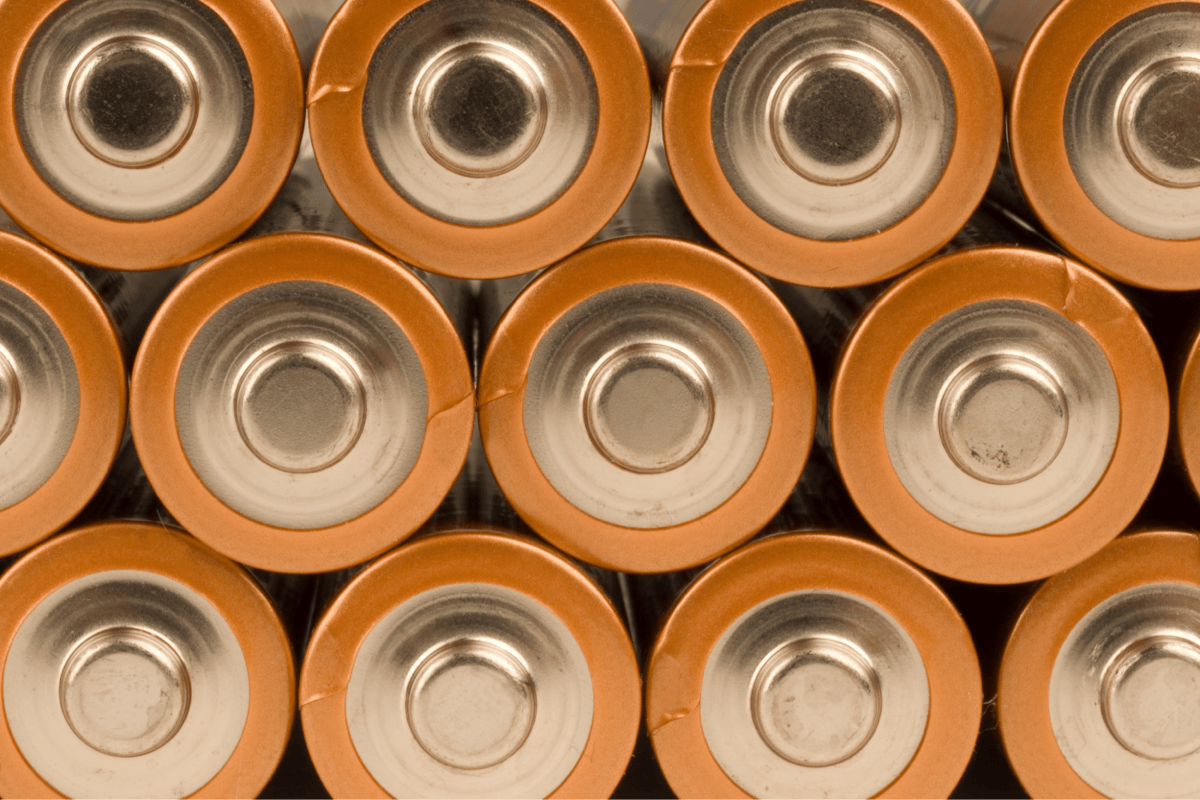The Global Tug-of-War Over Critical Minerals Powering the Green Economy

A
t the heart of this revolution lies critical minerals such as lithium, cobalt, nickel, copper and rare earth elements (REEs), the essential materials that quietly power the global transition to net zero.But as global demand skyrockets, so too does the pressure on supply chains. Without urgent intervention, we’re heading toward a critical mineral crunch.
A Global Scramble for Supply
In July alone, critical minerals took centre stage in geopolitical and economic debates across the globe. The UK launched a landmark Industrial Strategy Partnership with France, pledging to strengthen cooperation on advanced manufacturing and clean energy, with critical minerals forming a cornerstone of this agreement.
That same month, the UK-US Trade Deal came into force, offering tariff-free access on key automotive and aerospace components – sectors deeply reliant on materials like copper and nickel.
Meanwhile, the U.S. announced a 50% tariff on all copper imports, prompting a rush on global copper stockpiles and lifting prices above London Metal Exchange levels. Though inventories may cover short-term demand, domestic smelting capacity won’t meet needs until well into the 2030s, highlighting just how vulnerable even the most powerful economies are when it comes to securing critical mineral supply.
Short Supply, High Stakes
The International Energy Agency (IEA) warns that global demand for lithium could grow more than 40-fold by 2040 if the world is to meet its climate targets. Cobalt demand is expected to rise 20-fold. The EU estimates that to meet the goals of the European Green Deal, Europe will require 18 times more lithium and 5 times more cobalt by 2030 compared to current usage.
But extraction is slow, capital-intensive, and often geopolitically sensitive. Most global supplies are concentrated in a handful of countries, and refining capacity is dominated by China. Combine that with the environmental toll of mining, and it becomes clear: recycling is not a secondary measure, it is central to long-term security and sustainability.
The Power of Domestic Recycling
Recycling lithium-ion batteries recovers critical materials such as lithium, cobalt, nickel, and manganese, dramatically reducing the need for mining and reinforcing domestic supply chains. It’s also far more energy-efficient and less environmentally damaging than traditional extraction.
At Recyclus Group, we’re proving that industrial-scale battery recycling is viable, scalable, and absolutely vital. Our LiBatt facility in Wolverhampton has been fully operational since July 2023, actively processing end-of-life lithium-ion batteries and recovering valuable black mass.
Our model continues to gain substantial industry traction. We recently secured £1.1 million in funding from Close Brothers Group PLC – a strong endorsement of our circular economy approach. We’re also proud to be part of Project COMET, an £8.1 million APC-backed collaboration with Mint Innovation, JLR, and WMG at the University of Warwick, focused on building a sustainable, UK-based supply chain for critical battery materials.
Together, we’re not just closing the loop on battery materials, we’re powering a more resilient, resource-secure future for the UK and beyond.
